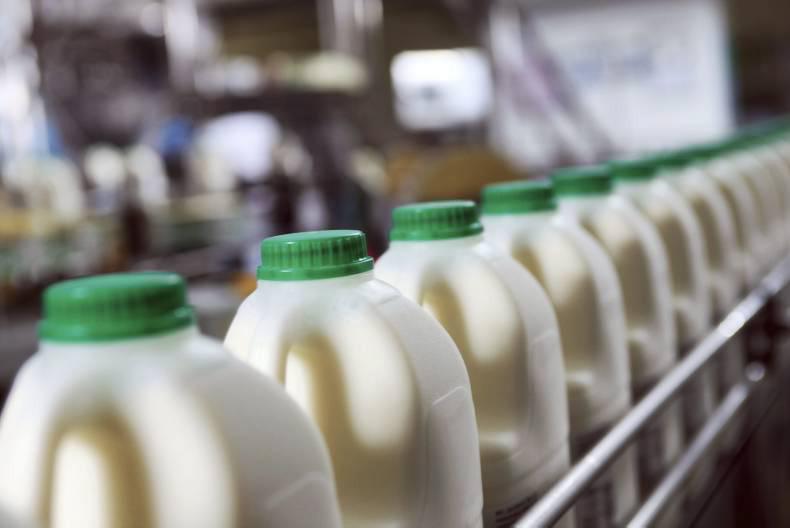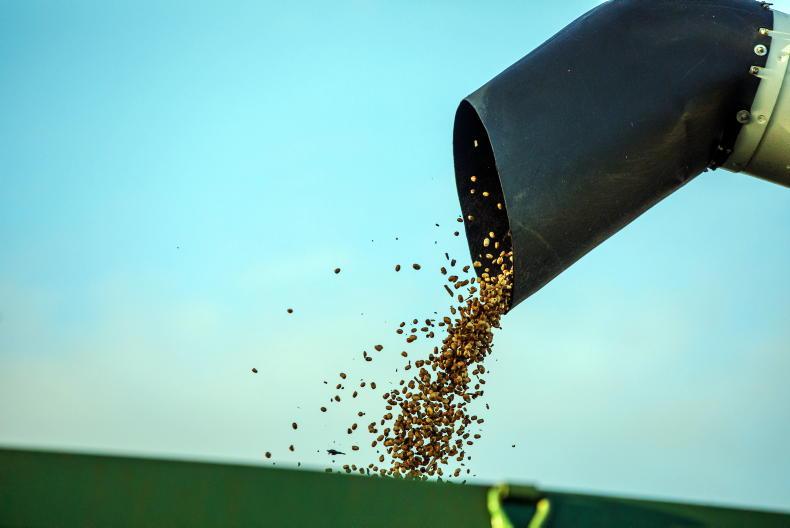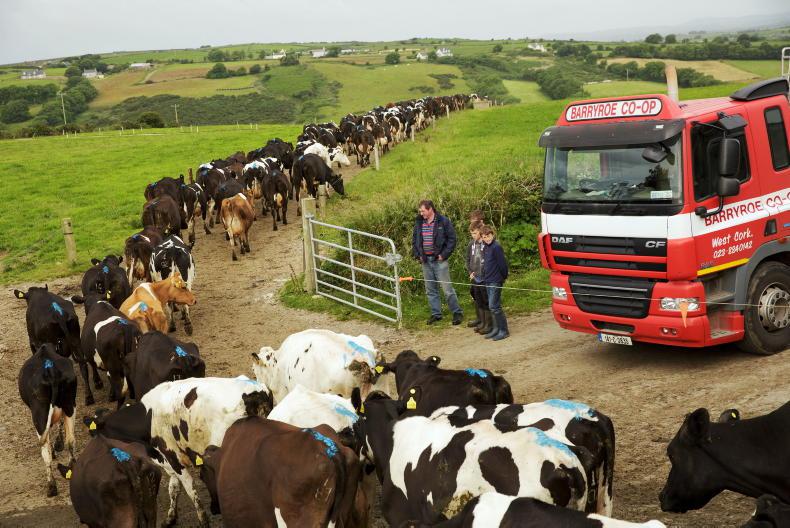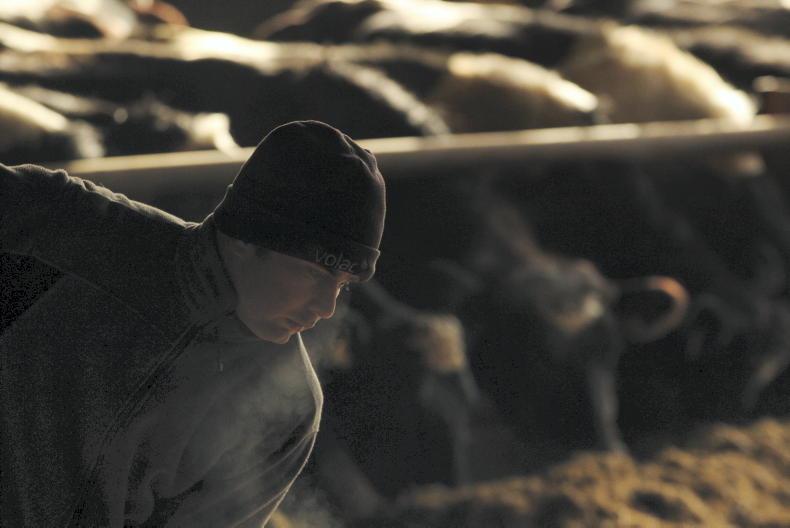Operating profits halved in 2015 at Centenary co-op to €421,713, principally as a result of milk price and grain price supports. Turnover decreased marginally (1.9%) to €79.5m. Retained profit for the year amounted to €648,000. Profits were boosted by a dividend income of €726,550 it receives from the co-ops investments including its 2.7% shareholding in Glanbia co-op.
The co-op’s investments include Aryzta, Glanbia, One51. Its Glanbia and Aryzta shares are valued at around €20m.
Overheads reduced by €168,000. Overall staff costs for the 121 employees amounted to €5.3m.
Total remuneration of key management personnel of eight people and which included salaries, benefits and pension amounted to €955,468.
The board of 44 receive no fees or remuneration but do receive expenses for attending meetings. The total board cost amounted to €45,000 in 2015.
The co-op has a net asset value of €54.8m, up from €37.7m, the increase related to the new FRS102 accounting rules. Net cash at year end was €4.8m with no bank debt.
Dairy
Turnover in the dairy division, which accounts for the majority of the business (55%), fell 5% to €43.8m as a result of the lower milk prices during the year.
Milk supply from its 363 suppliers grew by 19.6m litres (17%) to 132.8m litres. It paid an average manufacturing price of 30.77c last year. This excluded a 0.5c/l top-up that related to its shareholding in Glanbia Co-op. The majority of the milk is processed by Glanbia. The co-op processes a small quantity of milk for its Thurles Fresh milk brand.
Joe Kerrigan, chief executive, said this business remains challenging and, as with all brands, Thurles Fresh milk must compete with own-label, which seems to be the choice of consumers and supermarkets.
However, the reduction in raw material prices has helped ensure a reasonable contribution to profits. The co-op is investing approximately €0.5m in a new milk testing laboratory at Ballyduff this year.
Agribusiness
Turnover in the agribusiness division fell 1.4% to €34.3m with the agri-store revenues increasing €200,000 to €31.6m. Lower fertiliser volumes were offset by a pickup in feed sales and a slight improvement in shop and store sales.
The grain intake increased 15%, to reach record levels of 22,000t. Feed volumes increased 3%, with increased dairy feed sales offsetting lower beef feed sales. It is completing a €1m investment in its feed mill this year. Its fencing business had an excellent year, with turnover growing 20% as a result of grant aid under the old TAMS.
Pigs
Bramblemore is the co-op’s pig business, which fattens almost 11,000 pigs per annum. While turnover increased 23% to €1.5m, it reported losses of approximately 8c/kg last year. However, it did break even on a cash basis (excluding depreciation). Sales price was the key factor, with prices tumbling 18c/kg from the middle of July. The Russian import ban and a supply/demand imbalance both contributed to the price reductions.









SHARING OPTIONS